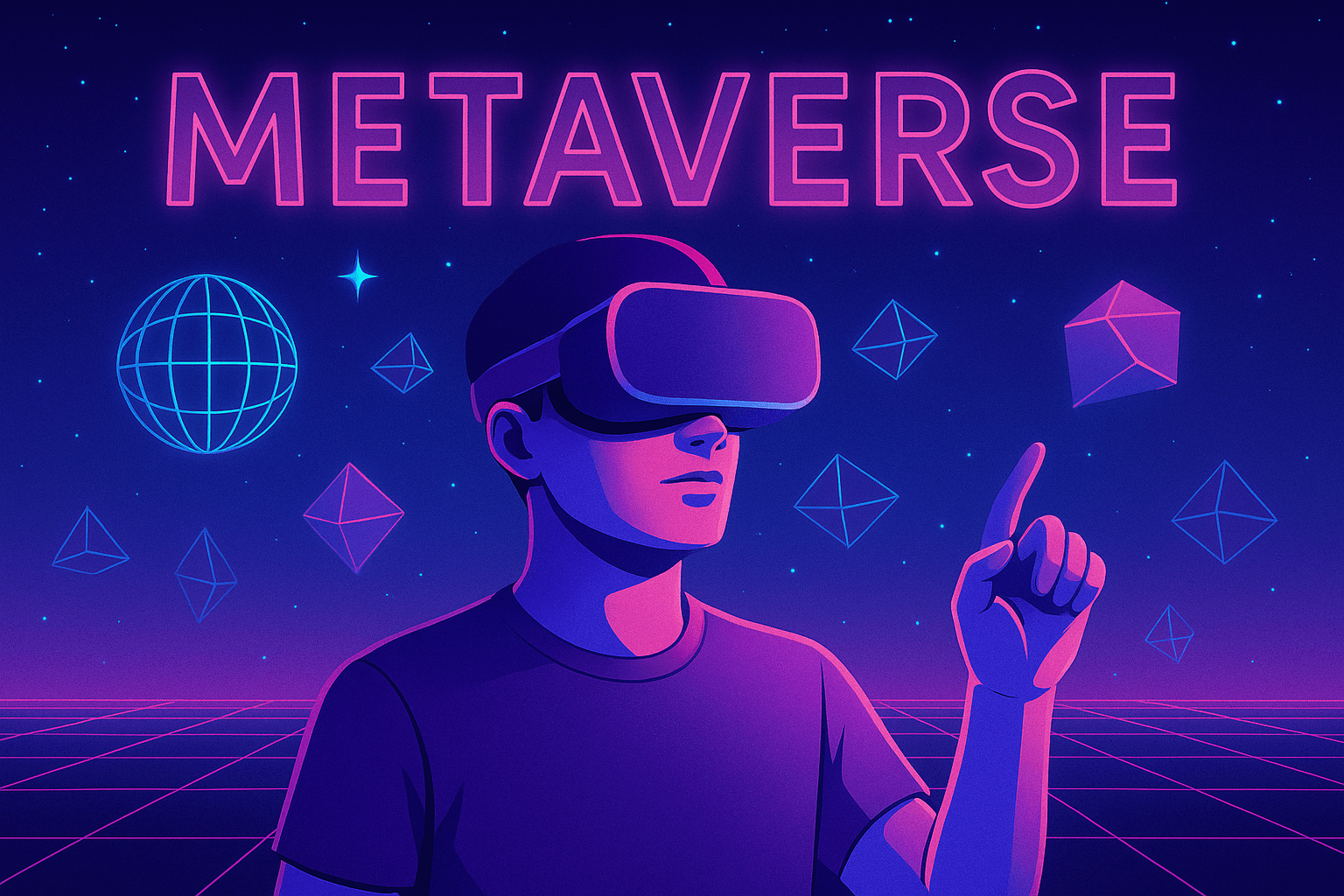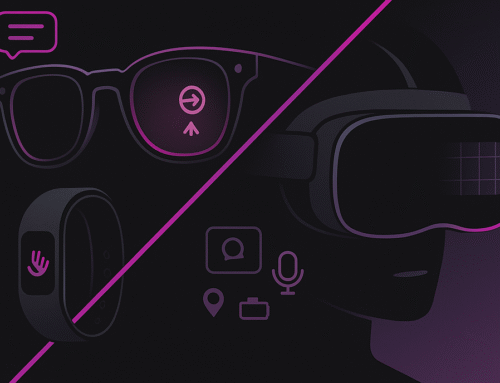Just a few years ago, the metaverse was hailed as the future of the internet—a fully immersive digital world where we would work, play, and socialize through avatars in shared 3D spaces. Tech giants poured billions into virtual reality (VR) headsets, decentralized assets, and digital real estate. Mark Zuckerberg famously rebranded Facebook to Meta, staking the company’s future on the metaverse.
Fast forward to today, and the hype has all but evaporated. So what went wrong?
The Metaverse Hype: A Recap
In 2021–2022, the concept of the metaverse became inescapable. From NFTs to virtual concerts in Fortnite and Roblox, the metaverse seemed like the next frontier. Companies raced to create VR platforms, virtual offices, and digital storefronts. Investors rushed in. Everyone from Nike to Gucci launched virtual products.
And then… silence. User adoption lagged. Stock prices plummeted. Projects were quietly shelved or radically rebranded. Meta alone lost over $40 billion on its Reality Labs division as of 2024.
Why the Metaverse Failed
1. Tech Wasn’t Ready
Despite major advancements in VR and AR hardware, the tech never reached mainstream usability. Devices like the Meta Quest or HTC Vive were bulky, expensive, and still caused motion sickness for many. Battery life, performance, and resolution all fell short of expectations.
2. Lack of Clear Use Cases
Beyond gaming and a few niche applications, the average person had no compelling reason to spend hours in a virtual world. “Virtual meetings” and “VR fitness” were interesting experiments but failed to offer lasting utility over existing apps like Zoom or Peloton.
3. Over-Reliance on Crypto & NFTs
Much of the metaverse’s infrastructure was tied to speculative Web3 projects—NFTs, tokens, and digital land—all of which were volatile and confusing to mainstream users. When the crypto market crashed in 2022, confidence in the entire ecosystem collapsed with it.
4. Social Disconnect
The metaverse promised rich, communal digital spaces, but in practice, it often felt lonely, awkward, or poorly moderated. Building meaningful social presence in a virtual world turned out to be much harder than expected—and users preferred their existing platforms.
5. Timing
Coming out of a pandemic, people were eager to return to the physical world. The pitch of “escaping to the metaverse” landed flat when real-life experiences became available again.
What Comes Next?
The failure of the metaverse isn’t the end of immersive tech—it’s just the end of this particular vision. Here’s what’s likely next:
1. Spatial Computing (Not “Metaverse”)
With devices like Apple’s Vision Pro and Meta’s newer AR glasses, attention is shifting to “spatial computing.” These tools blend digital content with the physical world rather than replacing it entirely. It’s less about escaping into VR, and more about enhancing reality—think real-time translation, 3D design overlays, or contextual information in your field of view.
2. Practical AR Applications
From warehouse logistics to surgery, augmented reality is finding traction in professional settings where it improves efficiency and safety. These use cases are grounded, profitable, and less dependent on mass adoption.
3. Gaming Will Lead the Way
Gaming remains the most promising space for immersive tech. VRChat, Beat Saber, and Half-Life: Alyx show that when the experience is genuinely fun, users will show up. Expect more innovation in this area before broader consumer adoption.
4. AI-Enhanced Virtual Worlds
With the rise of generative AI, virtual environments will soon become smarter, more dynamic, and more engaging. Imagine a world where every NPC responds like ChatGPT and environments react to your behavior in real-time. That’s where the tech is headed.
5. Rebranding & Evolution
“Metaverse” may be a tainted word, but the underlying ideas—persistent virtual spaces, digital identity, immersive interaction—aren’t going away. Expect them to be repackaged under new labels like “immersive tech,” “mixed reality,” or “synthetic environments.”
Final Thoughts
The metaverse didn’t fail because the idea was fundamentally bad. It failed because it was rushed, overhyped, and poorly executed. But the dream of more immersive, connected digital experiences is far from over. The next wave will be quieter, more grounded—and likely more successful.









Leave A Comment
You must be logged in to post a comment.